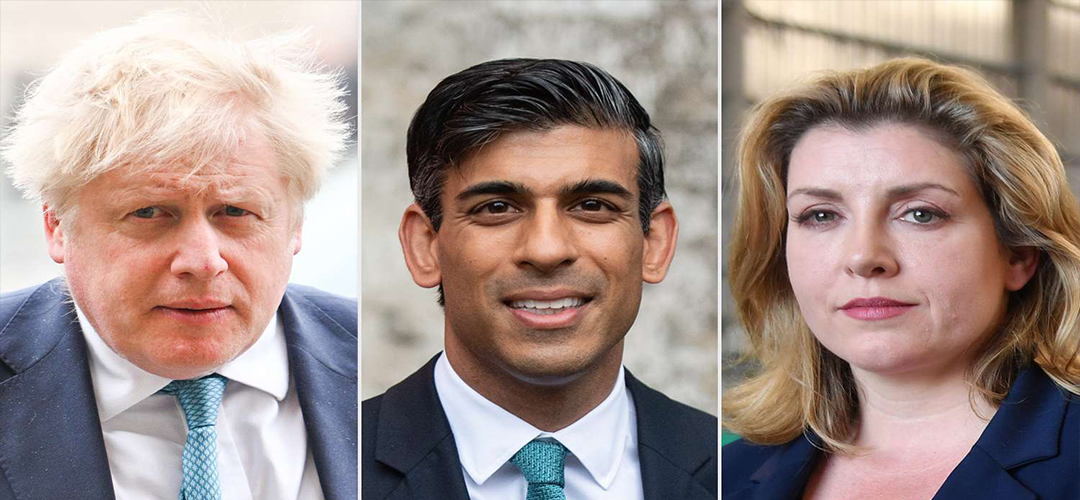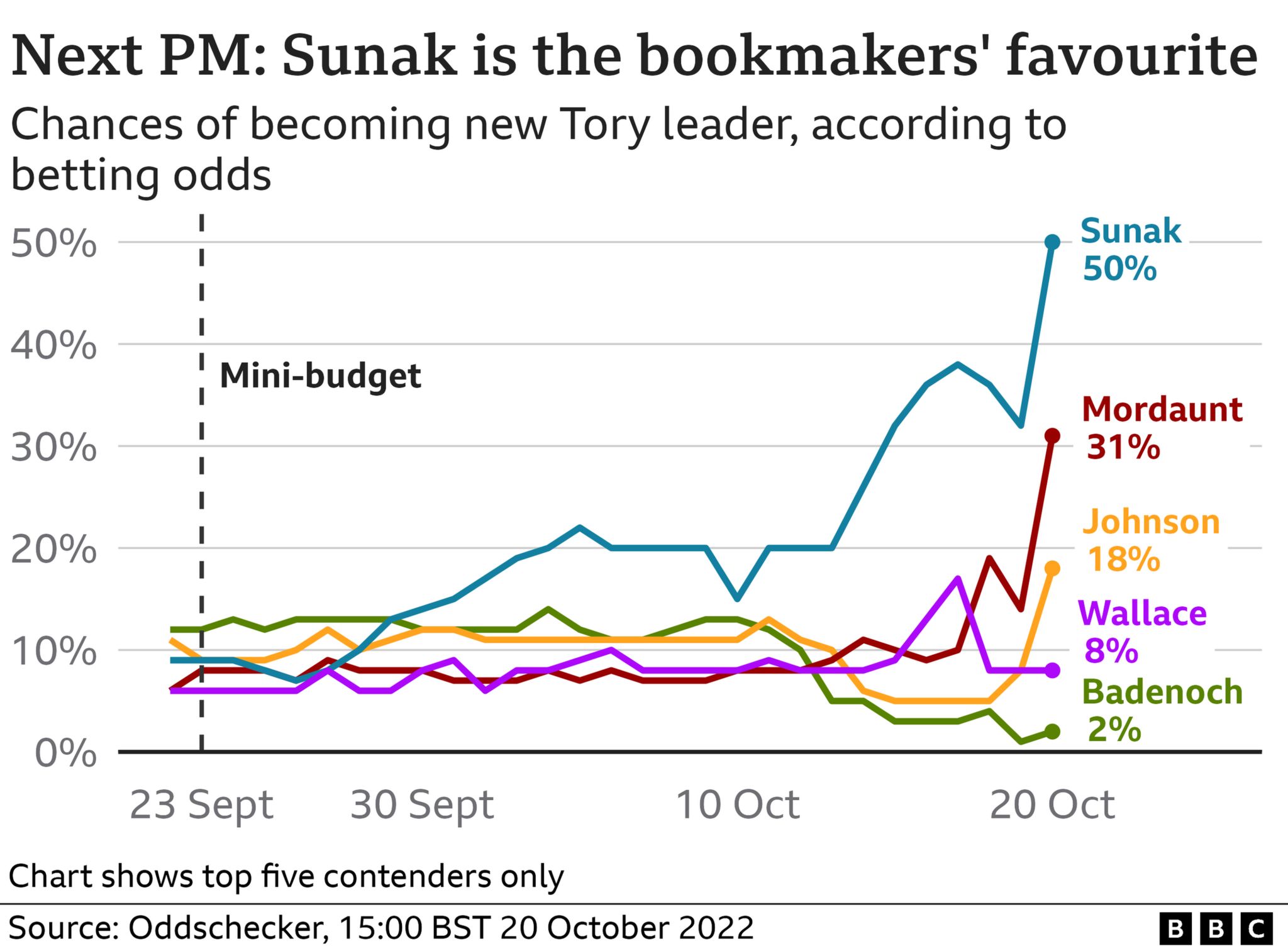A GLOOMY ENGLISH WINTER
October 22, 2022 | Expert Insights

The sun has finally set on the British Empire! A long cold winter awaits the United Kingdom, with Prime Minister Liz Truss resigning her post on 20th October. After merely 44 days in office, Truss has become the shortest-serving leader in British history. Political volatility is not frequently associated with the UK, but this tumultuous year might be an exception. With the demise of Queen Elizabeth II and the resignation of Prime Minister Boris Johnson, the nation has experienced enormous changes.
Background
The resignation of Ms. Liz Truss comes amid mounting discontent over her unsuccessful economic strategy. On 23rd September, Truss implemented a controversial growth plan that involved massive tax cuts and increased government spending. The tax cuts and ongoing spending jolted the market, skyrocketing mortgage prices. The sterling immediately started to dip in value, reaching an all-time low. The solution to the UK's ongoing economic crisis created more issues than solved. Truss publicly apologized for the error of judgment and changed her rules, which only made problems worse. Even if the policy was changed in a matter of days, the tax cuts did great harm.
The UK has had a difficult time recovering from the impact of the pandemic. Mainly the financial and healthcare sectors have found it difficult to function at pre-pandemic levels. In addition, many labor unions around the nation have staged strikes to demand higher wages due to the country's skyrocketing inflation rates. When Truss was chosen as the Conservative Party's leader, she pledged that the administration would handle every problem immediately. After she broke that fundamental commitment, the public and the opposition wasted little time in demanding a leadership change.

Analysis
One of the main reasons Truss lost public, and party support, is her road to power. Unlike her predecessor, Truss did not come to power through general elections; instead, she won a closed poll within the Conservative Party to become the PM. Truss's popularity had constantly suffered before her candidature for PM. Most of the public did not share the same bond with her that they had with Boris Johnson.
Even the Conservative Party did not bother backing Truss since they were worried about plunging approval ratings. The significant boost in popularity for the Labour Party during Truss's tenure made party leaders more anxious, forcing them to find alternatives.
With Truss quitting, the question of who will be the next PM has swept across the country. Prime Ministerial candidates must procure at least 100 nominations from party members before 24th October. The election for the PM seat will take place in the upcoming week, and the results are expected to be out by 28th October.
Looking at the potential candidates to replace Truss, sizeable support has grown, favoring the return of Boris Johnson. Mired with controversy, Johnson was forced to leave his position not for his inability as a leader but his PR disasters. However, Johnson is also a face that the public has become familiar with and, to a certain extent, trusted. Therefore, his return to 10 Downing Street cannot be ruled out.
A similar case can be made for Truss's rival, Rishi Sunak. Sunak was one of the first to warn about the adverse effects of the mini-budget proposed by Truss. Sunak also enjoys good support within the party, as was seen during his leadership race with Truss. Moreover, he served as the finance minister under Johnson, giving him more credibility in managing the crisis.
Another potential candidate for the leadership is former defense secretary Penny Mordaunt. She garnered 100 nominations during the summer leadership campaign and is expected to repeat the same. However, unlike Sunak, Penny was relatively unscathed by the scandals that plagued the Johnson administration.
With numerous concerns that need to be resolved, the next PM will, in reality, have a rough start. Since the public has had enough of shabby leadership, any new leader (other than Johnson) will have little to no room for error. The Conservatives cannot afford to pick the incorrect candidate once more, especially with the Labour Party gaining support and calling for general elections. Finally, given that some ministers left before Truss did, the Conservative Party needs to be ready to provide the future prime minister with a stable government that won't be involved in disputes and scandals.
Assessment
- The inability of the Conservative Party to find a suitable candidate to govern the country shows a lack of talent within the party. Due to its lackluster ratings, it will avoid going into general elections now. The Labour Party, meanwhile, will try to force the government to go for general elections due to its popularity. We can expect more political fireworks to erupt at Westminster.
- Truss was an economic disaster for the UK by any standards; the pound fell to its lowest level versus the dollar in a decade, and the cost of living has spiraled. Not that the next incumbent will be able to mend matters overnight, but they may have more realistic policies in place, even if they are politically a bitter pill to swallow.
- Many in the UK may be rueing the decision to implement BREXIT at the most inopportune moment amidst the pandemic and downturn in the global economy. Boris Johnson may be the best suited to handle the mess, having been at its epicenter to begin with.








Comments